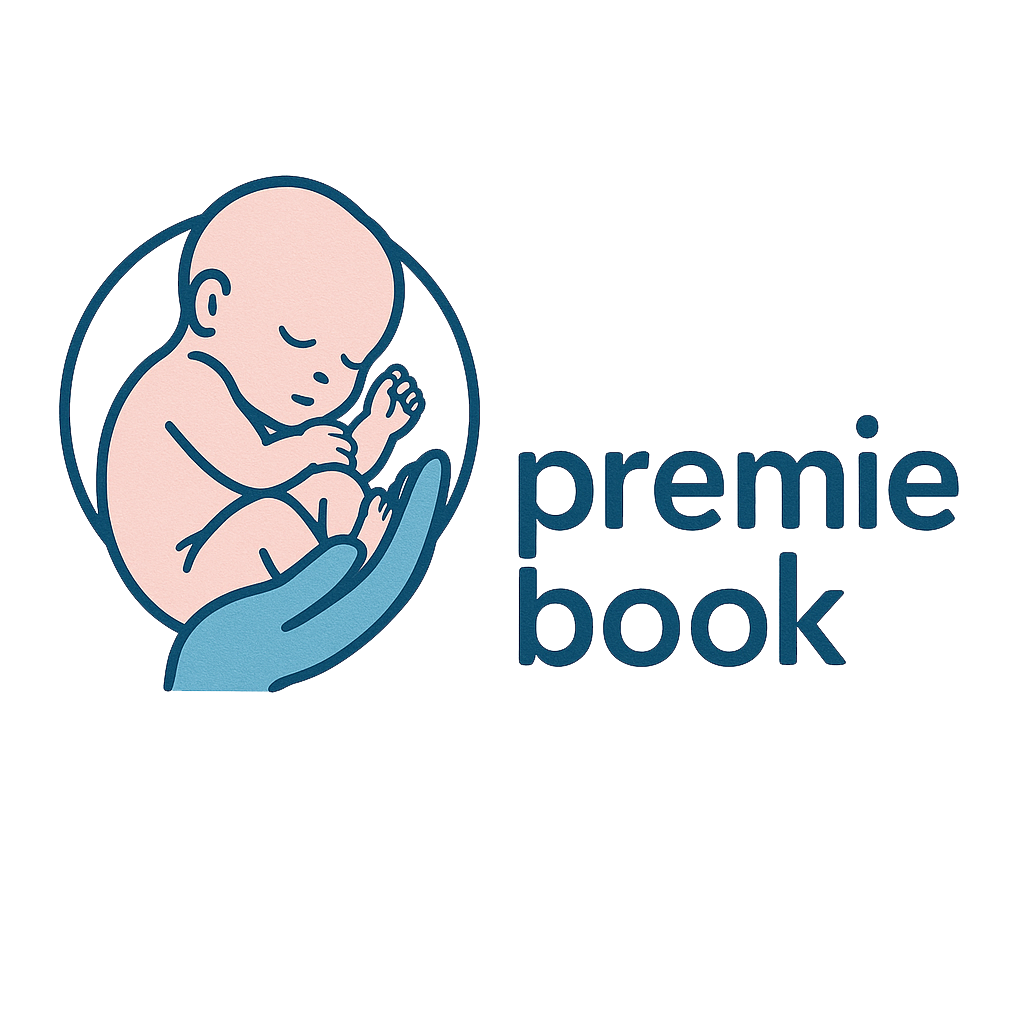Hydraulic Oil Filtration is a key segment within the portable filtration market. As hydraulic systems are critical for many industrial applications, maintaining clean hydraulic oil is essential for preventing equipment failure and ensuring optimal performance. The demand for portable hydraulic oil filtration systems is expected to rise as more companies recognize the importance of fluid cleanliness.
The Portable Filtration System market has witnessed significant growth in recent years due to rising concerns regarding water and air quality. Portable filtration systems are compact, easily transportable units designed to remove impurities from water or air, making them ideal for emergency situations, outdoor activities, and industrial applications. Increasing environmental awareness, coupled with stricter government regulations on water and air pollution, has driven the demand for portable filtration systems worldwide. These systems are being adopted across households, commercial establishments, and industrial sectors to ensure clean and safe water and air.
Market Drivers
Several factors contribute to the growth of the Portable Filtration System market. Firstly, the rising awareness of health and hygiene has made consumers more cautious about waterborne and airborne contaminants. In developing regions, where access to clean water remains a challenge, portable water filtration units have become essential. Similarly, in urban areas with high pollution levels, portable air filtration devices are gaining popularity. Technological advancements, such as the integration of smart sensors, lightweight materials, and energy-efficient systems, have further boosted the market by enhancing convenience and usability.
Key Applications
Portable filtration systems find applications across multiple sectors. In residential settings, these systems provide an immediate solution for clean drinking water, particularly during travel, camping, or emergencies. In the industrial sector, portable filtration systems are used in construction sites, mining operations, and manufacturing units to ensure compliance with environmental regulations and occupational safety standards. The healthcare sector also benefits from portable filtration units for sterilization and air purification in hospitals and clinics. Furthermore, emergency response teams and military units rely on portable systems to ensure access to safe water and air in disaster-struck or remote areas.
Regional Analysis
The market is geographically segmented into North America, Europe, Asia-Pacific, Latin America, and the Middle East & Africa. North America holds a significant share due to the presence of major manufacturers, advanced technological infrastructure, and high consumer awareness. Europe follows closely, driven by strict environmental norms and the adoption of sustainable practices. Asia-Pacific is projected to witness the highest growth rate, owing to rapid urbanization, industrialization, and increasing environmental concerns in countries such as China and India. The Middle East & Africa and Latin America are also emerging markets due to the growing need for portable water filtration systems in remote and arid regions.
Competitive Landscape
The Portable Filtration System market is highly competitive, featuring several global and regional players. Companies are focusing on product innovation, strategic partnerships, and expansion into untapped markets to gain a competitive edge. Some of the notable strategies include developing filtration systems with higher efficiency, improved durability, and user-friendly designs. Manufacturers are also leveraging digital platforms to enhance customer engagement and provide after-sales services. The ongoing trend toward sustainable solutions and eco-friendly filtration materials is expected to shape the competitive dynamics of the market in the coming years.
Market Challenges
Despite the growing demand, the market faces certain challenges. High initial costs of advanced portable filtration systems can limit adoption in price-sensitive regions. Additionally, the effectiveness of some filtration technologies may vary depending on water or air quality, which can affect consumer trust. Ensuring regular maintenance and replacement of filter components is also critical for optimal performance, posing operational challenges for end-users.
Future Outlook
The Portable Filtration System market is expected to maintain steady growth in the foreseeable future. Innovations in filtration technologies, such as nanofiber filters, UV sterilization, and IoT-enabled smart monitoring, are likely to drive demand. Rising environmental concerns, coupled with global initiatives to provide safe water and clean air, will continue to support market expansion. As consumers increasingly prioritize health and safety, portable filtration systems will become an integral part of both personal and industrial applications.
FAQs
1. What are the main types of portable filtration systems?
Portable filtration systems primarily include water filters and air purifiers. Water filters may use activated carbon, ceramic, or UV technology, while air purifiers use HEPA filters, ionizers, or carbon filters.
2. Who are the key end-users of portable filtration systems?
End-users include households, industrial facilities, healthcare institutions, emergency response teams, and outdoor enthusiasts.
3. What factors are driving the market growth?
Key factors include rising environmental awareness, stringent regulations, technological advancements, and increasing demand for clean water and air in both urban and remote areas.
More Related Reports:


